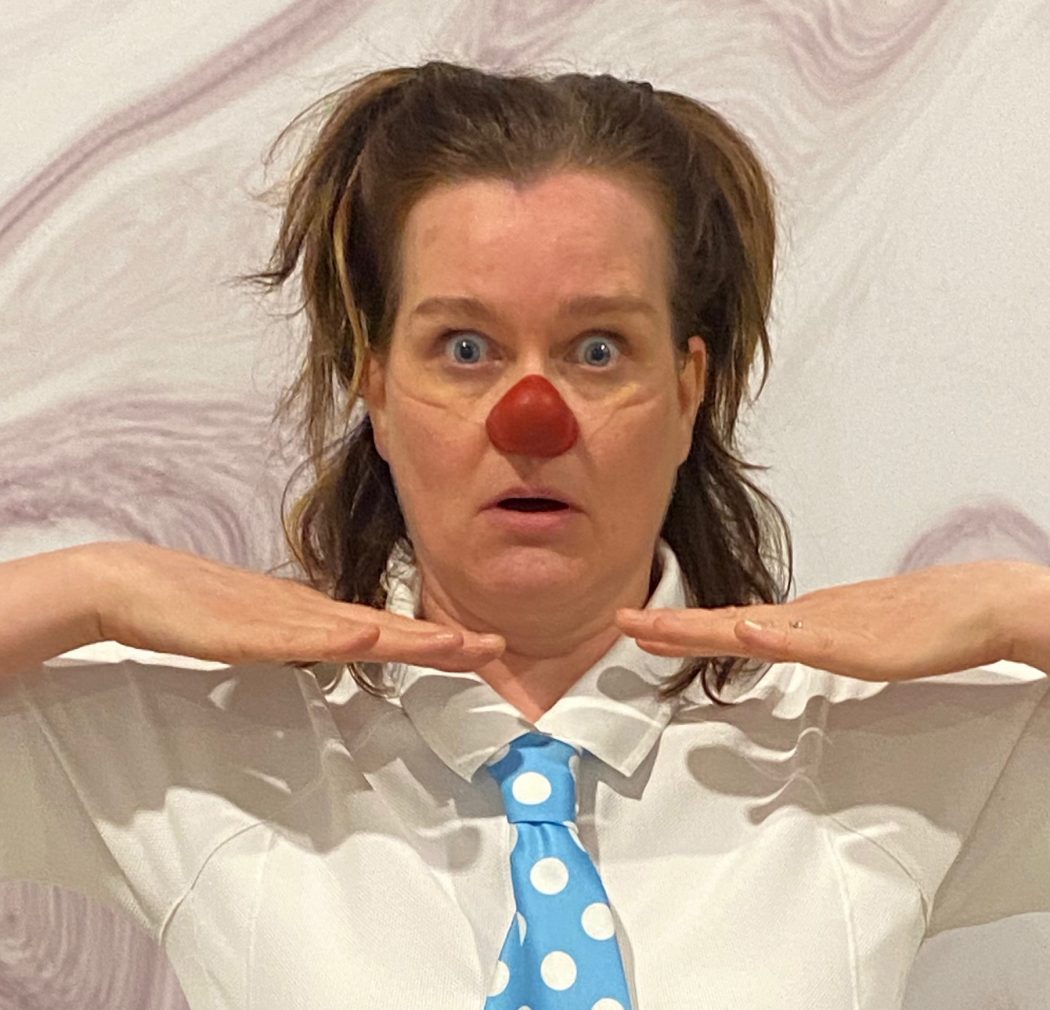Jay Emmanuel as Shiva with the company of Why Not Theatre’s production of Mahabharata that played at the Shaw Festival in March. Photo by David Cooper.
From the spectacular recent staging of the Sanskrit epic Mahabharata at the Shaw Festival, to upcoming productions of Indigenous playwright Frances Koncan’s Women of the Fur Trade at the Stratford Festival and the world premiere re-imagining of Scott Joplin’s lost opera Treemonisha in this summer’s Luminato Festival, work by artists of colour in the Canadian performing arts is thriving.
Lacking on the scene, however, are critics from diverse backgrounds to respond to these and other productions.
A new initiative co-organized by Dramatic Arts Adjunct Professor Karen Fricker intends to fill this gap. The IBPOC Critics Lab is an initiative of Intermission magazine, where Fricker is editorial advisor, and the Stratford Festival, in association with the Honduran theatre critic Jose Solís, who piloted this model of training in the US.
The Critics Lab is a space for Indigenous, Black and People of Colour to explore and develop theatre criticism skills. Eight emerging critics will participate in the Lab, which includes six sessions on Zoom and a face-to-face residential session at the 2023 Stratford Festival. Solís is developing the curriculum and will teach alongside Canadian critics and editors of colour including Glenn Sumi and Joshua Chong.
“Opening up criticism to those who might not have thought there was a place for them in the field is very important to me and others in the field. It’s very exciting to bring Jose Solís’s pioneering work in this area to Canada for the first time,” said Fricker, who is co-organizing the lab with the Stratford Festival’s publicity director Ann Swerdfager, a former journalist.
The program is open to Canadian residents who have not yet written but wish to pursue theatre criticism or those who already have some experience in the field. Participants will have the opportunity to explore criticism through writing as well as less traditional methods such as social media, podcasts, and more.

















